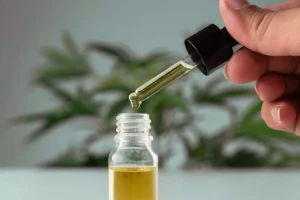
For example, having a family member with an alcohol use disorder is a risk factor for both depression and alcohol use disorder. Emerging research has found that there is a genetic link between AUD and depression. Substance-induced depression is different from major depressive disorder and, by definition, should improve once a person stops consuming substances (such as alcohol). Another way that depression could lead someone to drink alcohol is through changes in their brain as a result of depression.
Conditions
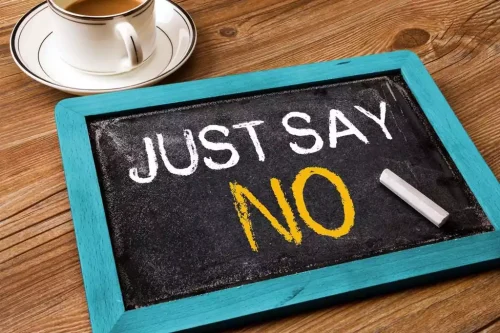
These impairments make it harder to break free from addiction, further perpetuating the link between alcoholism and depression. The prefrontal cortex, a region essential for decision-making, self-control, and emotional regulation, is particularly vulnerable to the effects of chronic alcohol use. Prolonged drinking can lead to significant damage in this area, impairing the brain’s ability to evaluate consequences or resist cravings. This damage creates a cycle where individuals struggle to regulate their emotions, increasing the likelihood of depressive thoughts and behaviours. For many individuals struggling with depression, alcohol can seem like an easy, accessible form of relief. Its initial effects, which include relaxation and mood elevation due to increased dopamine and GABA activity, might provide a temporary reprieve from feelings of sadness, hopelessness, or anxiety.
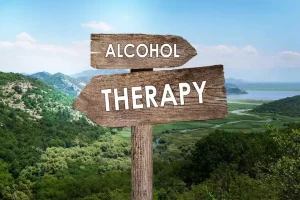
Noradrenergic hyperactivity in opiate withdrawal supported by clonidine reversal of opiate withdrawal
- It also is notable that the optimal sequence and timing of treatments remain undetermined even after decades of scientific inquiry.
- People may turn to alcohol as a way to cope with mood problems, but drinking alcohol can also contribute to symptoms of depression.
- In addition, there is a risk of an electrolyte imbalance involving decreased sodium concentrations in the blood (i.e., hyponatremia), which can reduce the seizure threshold.
- But trying to relax with a drink or two may not give you the long-term anxiety relief you want.
- If you or a loved one uses alcohol to cope with anxiety, especially during socializing, it may lead to being dependent on alcohol, especially in social settings.
- The impact of stress on alcohol use and the risk of AUDs depends on the type, age, duration, and severity of the stress experienced 14.
Understanding these parameters could make a valuable contribution toward using the stress system as a recovery biomarker. Not all people struggling with alcohol Women and Alcoholism problems meet diagnostic criteria for anxiety disorders. The term “comorbidity” has become a fairly generic reference for co-occurring alcohol and anxiety or depressive disorders.
Pharmacotherapy for Anxiety Disorders
- Thus, hazardous drinking can lead to anxiety through a noxious combination of greater levels of life stress coupled with relatively poor coping skills.
- When patients who drink heavily report anxiety, it helps to create a timeline with them to discern whether the anxiety is alcohol-induced or, instead, a pre-existing or primary anxiety disorder, which can help set expectations and a treatment plan.
- Other people who don’t have anxiety disorders find that they feel more anxious after they imbibe.
Three prominent perspectives are that anxiety disorder promotes pathological alcohol use, that pathological alcohol use promotes anxiety disorder and that a third factor promotes both conditions. We review laboratory, clinical, family, and prospective studies bearing on the validity of these explanatory models. Findings converge on the conclusion that anxiety disorder and alcohol disorder can both serve to initiate the other, especially in cases of alcohol dependence versus alcohol abuse alone. Further, evidence from clinical studies suggests that anxiety disorder can contribute to the maintenance of and relapse to pathological alcohol use. For investigators seeking to bridge the multiple disciplines included in this review, the findings concerning stress responses pose challenges and opportunities for future research. For example, can individuals with AUD be distinguished meaningfully based on objective stress reactivity and regulation indicators, and do subjective anxiety symptoms mark or moderate this distinction?
- In addition to adjusting standard pharmacotherapy and psychotherapy protocols for anxiety and AUDs when treating comorbid clients, it also is crucial to apply these methods in a way that produces the best outcomes for both disorders.
- Researchers in a 2017 study measured anxiety clinically and found that anxiety levels were higher in those with AUD than those without when they faced stress.
- The HPA axis, the system that deals with stress response, has been traced to symptoms of alcohol withdrawal.
- Additionally, researchers have linked cortisol to the development of metabolic disorders and to the development of psychiatric disorders such as depression.
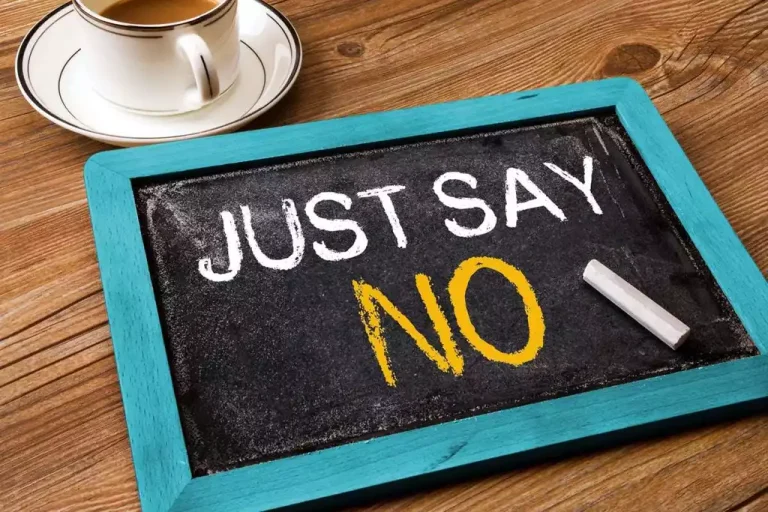
«In our society alcohol is readily available and socially acceptable,» says Jill Bolte Taylor, PhD, author of Whole Brain Living, explains. «Depression and alcohol misuse are often tied because we take a depressant to counter a chemical depression which only makes it worse.» “If you’re drinking five nights a week, one or two glasses of wine or one or two beers each time and you’re still within the guidelines, but only just, increasing alcohol-free days gives your brain a break and time to recuperate,” says Dr Hunt. “People who open a bottle of wine with dinner most nights or wouldn’t consider going out to a restaurant and not ordering a glass of wine – these are the people who sometimes think their drinking is fine because they’re not drinking to get drunk or embarrassing themselves,” she says. “But they are still drinking consistently, and they’ve maybe forgotten what it feels like to not drink. “You end up in a cycle where you’re using the alcohol to ameliorate to improve low mood or high anxiety levels, but actually what you’re treating is withdrawal from alcohol itself,” explains Assoc Prof Arunogiri.
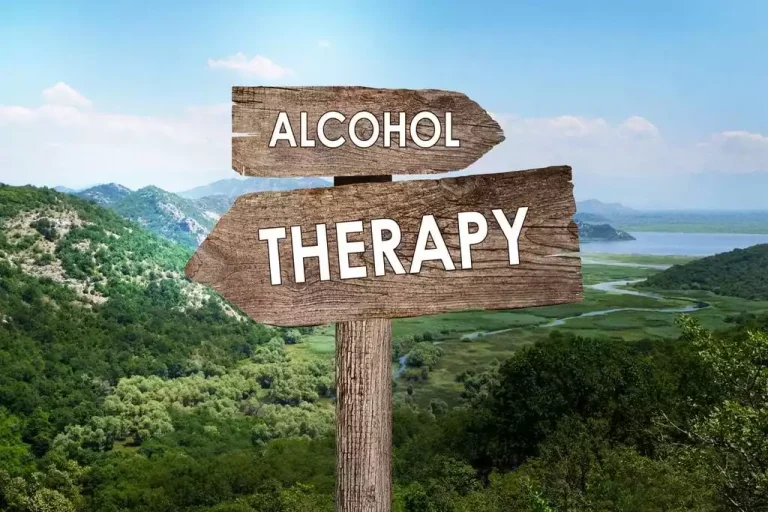
Rapid opiate detoxificationClinical evidence of antidepressant and antipanic effects of opiates
- Concentrations of salivary alpha-amylase will be detected by using an in-house enzyme kinetic method according to the protocol described in 63.
- However, if the drinking-and-anxiety cycle continually repeats itself, mental health issues may be at the root of the problem.
- Similarly, it could be argued that dysregulated biological stress responses share little construct space with subjective negative affect and drinking to cope.
- The most frequently offered explanation for the biased estimates from clinic-based samples suggests that individuals with multiple disorders are more likely to be referred for treatment than individuals with a single disorder (Galbaud Du Fort et al. 1993; Kushner et al. 2008).
- This exclusion means, however, that treatment providers must use clinical judgment when prescribing these medications to comorbid patients.
Salivary cortisol concentrations will be determined using a commercially available chemiluminescence assay (CLIA, IBL-Hamburg, Germany). Concentrations of salivary alpha-amylase will be detected by using an in-house enzyme kinetic method according to the protocol described in 63. Hair cortisol concentrations will be determined via liquid chromatography tandem mass spectrometry (for detailed information on analysis methods see 56). Additionally, panic attacks can be triggered because of the effect alcohol has on GABA, another brain chemical that normally has a relaxing effect.
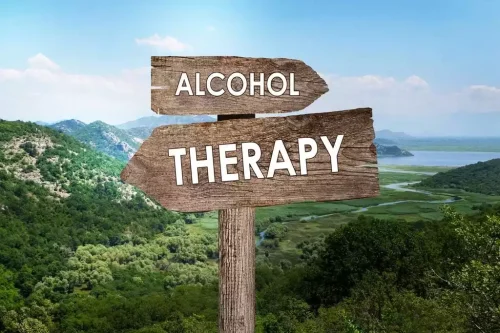
Cognitive behavioral therapy and/or medication may help to effectively treat your anxiety, while drinking may make it worse. Additionally, a therapist may recommend healthy lifestyle habits that may also help to alleviate anxiety, such as getting regular exercise, eating a healthy diet, and sleeping seven to eight hours nightly. If drinking gives you the sensation of temporary anxiety relief, you may be inclined to drink more often, to cope with uncomfortable circumstances. But people who drink frequently may develop a tolerance to alcohol, so that they need to drink more alcohol to experience the feelings that they desire. But while some people may feel that alcohol helps their anxiety, others may feel susceptible to anxiety after a night of drinking.
Anxiety and Alcohol Use Disorders
Talk to your doctor about alcohol consumption before taking any of these medications, as side effects can be harmful or fatal. Alcohol changes levels of serotonin and other neurotransmitters in the brain, which can worsen anxiety. The sense of relaxation you feel when you drink can often be attributed to your blood alcohol content (BAC). A rise in BAC levels leads to temporary feelings of excitement, but feelings of depression occur as BAC levels fall.
